How The Perception Towards Sustainability is Changing in Retail Fashion
Sustainability in Fashion: Why Perception Isn't Enough Without Proof
In recent years, sustainability has become one of the most overused—and often misunderstood—buzzwords in the retail fashion industry. Brands are rushing to align themselves with eco-conscious consumers, with many proudly stating they are “planet-friendly,” “ethical,” or “committed to sustainability.” But in an era where greenwashing is increasingly being called out, making bold claims without concrete action no longer cuts it.
At the same time, branding, retail packaging and bespoke luxury packaging, is still expected to be beautiful and deliver the premium experience. With so many layers between process and perception, companies looking for branding representation, can be forgiven for asking if the perfect marriage of quality, sustainability and sincerity will be delivered.
The truth is, there’s a world of difference between sounding sustainable and being sustainable. It’s the distinction between crafting a marketing message and embedding sustainability into the DNA of a business. For fashion brands to genuinely earn consumer trust, they must go beyond empty statements and demonstrate transparency, accountability, and measurable action.
The Power—and the Pitfall—of Perception
There's no denying that perception plays a huge role in branding. Today’s consumers are more socially and environmentally conscious than ever before, and they’re demanding that brands do better. A compelling planet friendly message can attract new customers and strengthen brand loyalty.
However, perception without substance is a risky game. As scrutiny increases, brands that can’t back up their claims with verifiable evidence risk being accused of greenwashing. Not only can this lead to public backlash, but it can also damage long-term credibility and consumer trust—two things that are incredibly difficult to rebuild once lost.
Doing the Hard Miles: Certification Matters
To move from perception to proof, fashion brands must embrace the hard work of traceability and verification. This means digging deep into their supply chains, understanding where their products come from, how they’re made, and by whom. It means auditing, adjusting, and being open to change—sometimes radical change.
One of the most effective ways to communicate this transparency is through globally recognised certifications. These certifications are not easy to obtain, but they are a powerful way to prove to consumers, investors, and partners that a brand is truly committed to responsible practices.
Some of the most respected certifications in the industry include:
Bluesign®: Focused specifically on the textile supply chain, Bluesign® ensures that harmful chemicals are eliminated from the beginning of the manufacturing process. It prioritizes resource efficiency and consumer safety, helping brands reduce their environmental impact in measurable ways.
FSC Certification: For labels, packaging, and paper products, the Forest Stewardship Council (FSC) certification is the gold standard. It guarantees that materials are sourced from responsibly managed forests that provide environmental, social, and economic benefits.
GRS The Global Recycled Standard: Is a voluntary product standard for tracking and verifying the content of recycled materials in a final product. The standard applies to the full supply chain and addresses traceability, environmental principles, social requirements, chemical content and labelling. GRS covers processing, manufacturing, packaging, labelling, trading and distribution of all products made with a minimum of 20% recycled material. It also sets requirements for third-party certification of recycled content, chain of custody, social and environmental practices, and chemical restrictions.
These certifications do more than just tick boxes—they provide a framework for continuous improvement and a shield against reputational damage in an era of intense public scrutiny.
The Role of Trusted Experts in Branding and Packaging
As fashion brands navigate this complex landscape, one of the smartest moves they can make is partnering with global experts in labels and packaging—especially those who specialise in certified, eco-conscious solutions.
These partners don’t just supply materials. They bring deep knowledge of regulatory standards, evolving eco-friendly trends, and the technical requirements of certification bodies. They ensure that everything from a garment tag to a shipping box is aligned with a brand’s social responsibility values—and that the messaging is consistent, honest, and backed by data.
By working with a trusted packaging and branding expert, fashion brands protect not only their supply chain integrity but also their public image. Consumers notice the details, and packaging is often the first tangible expression of a brand’s commitment to the planet. Sustainable packaging—when done right—can tell a compelling story of care, responsibility, and authenticity.
From Message to Movement
The journey to genuine sustainability in fashion isn’t about chasing trends or crafting the perfect tagline. It’s about doing the hard work: auditing supply chains, earning certifications, and collaborating with the right partners. It’s about being brave enough to admit where improvements are needed and transparent enough to show the progress being made.
As the industry evolves, brands that walk the talk will stand out—not just because they say the right things, but because they can prove them. In a world increasingly driven by conscious consumption, that kind of authenticity isn’t just desirable—it’s essential.

